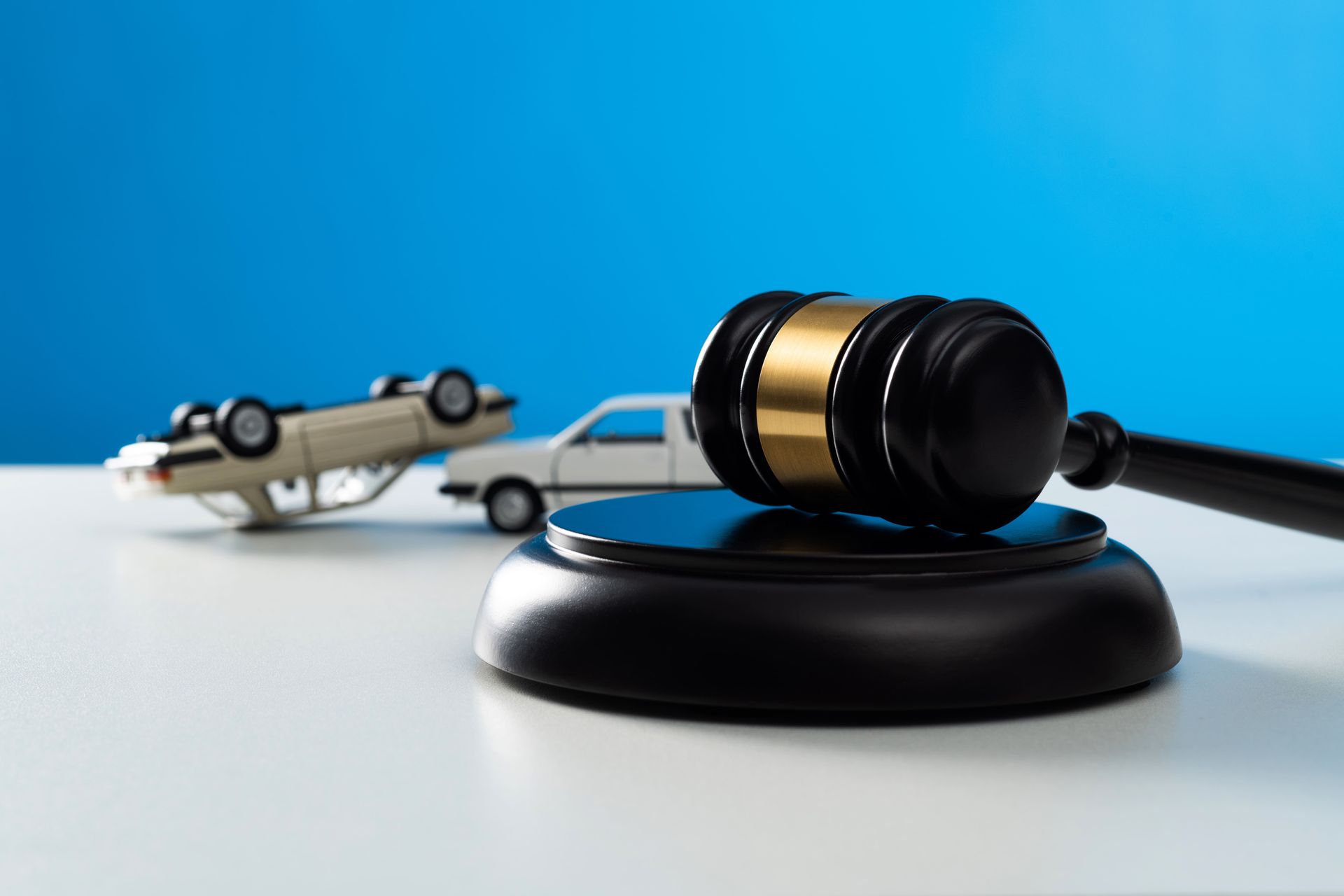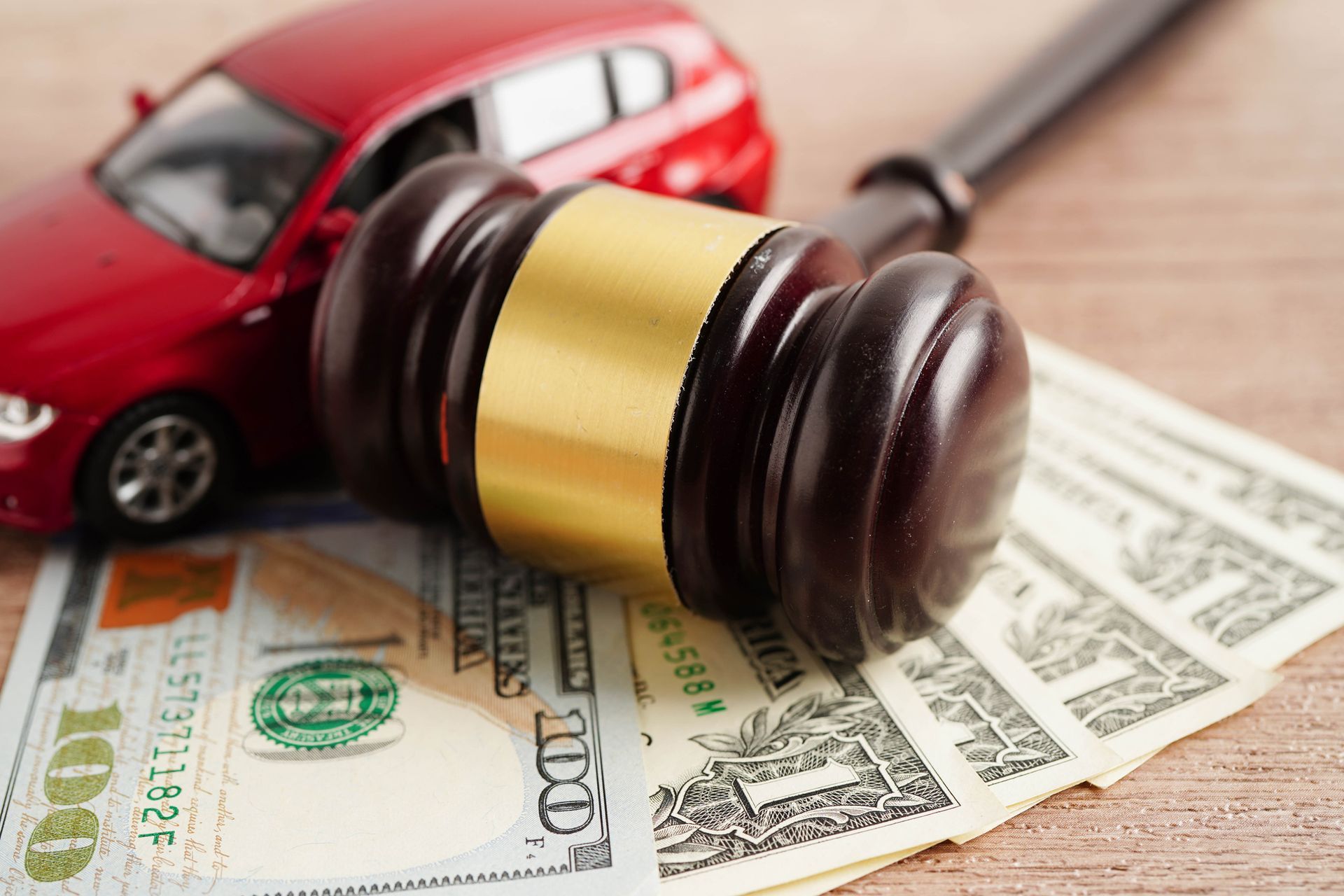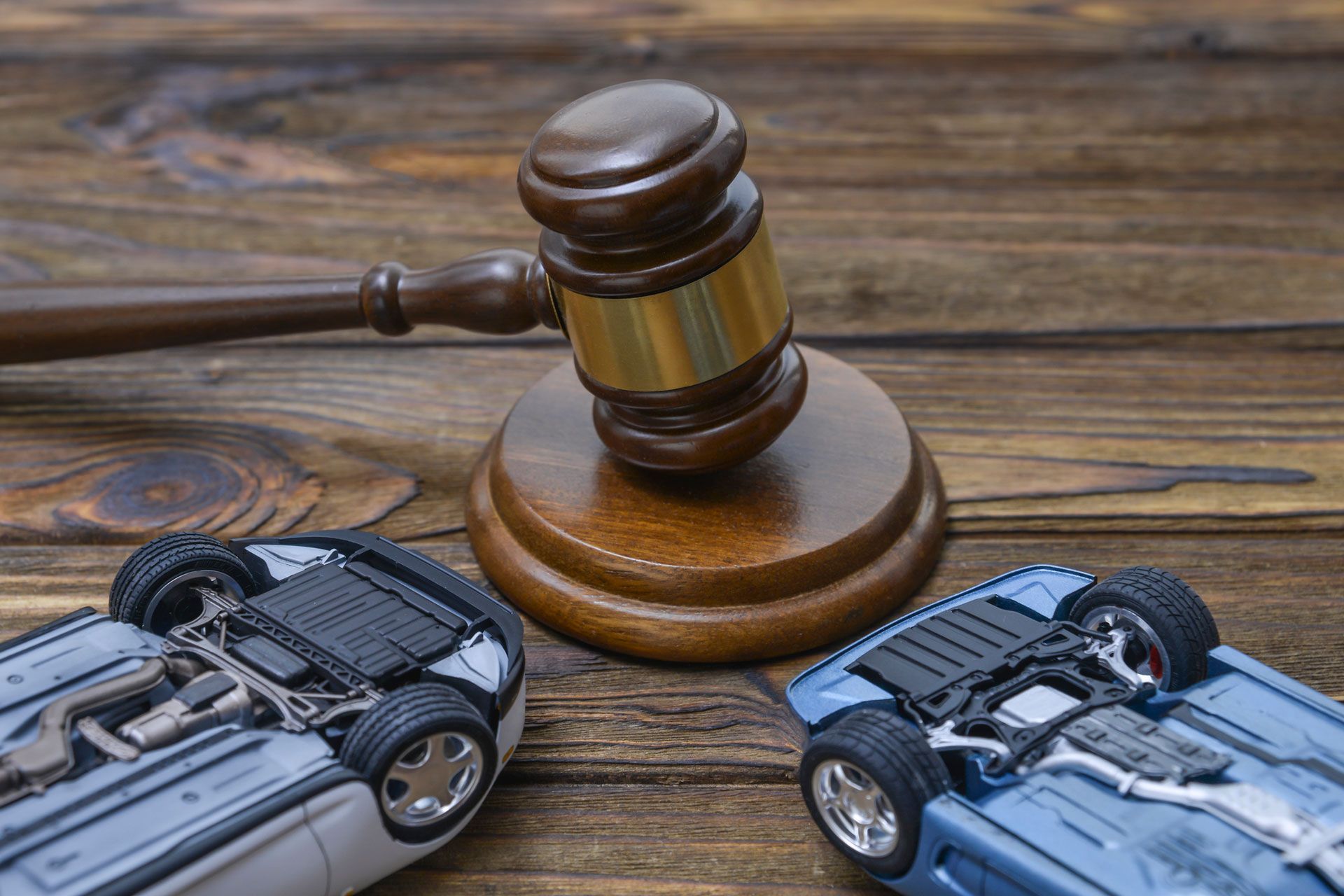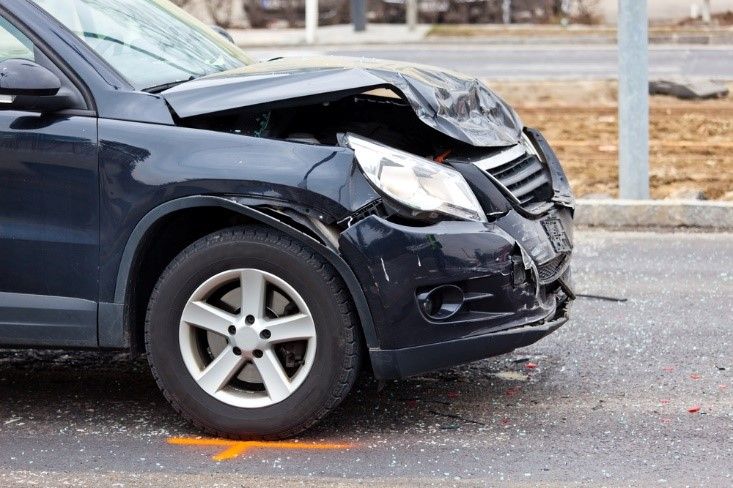How Long Does an Auto Accident Claim Take? From Crash to Settlement or Trial
When you are hurt in a crash, time can feel like it stops, especially when bills, missed work, and pain are piling up. At Ely, Bettini, Ulman, Rosenblatt & Ozer, a car accident attorney in Phoenix, AZ, will walk you through each stage so you know what to expect, what you can control, and how to avoid common delays. While no two claims unfold the same way, understanding the typical path from first call to resolution can reduce stress and help you make smart choices early.
Discover real client testimonials to read stories and see how others navigated their injury claims.
What Determines How Long an Auto Accident Claim Takes?
Knowing what drives the timeline gives you realistic expectations for your case and helps you plan. A car accident attorney can estimate timing by assessing your injuries, liability issues, and the insurance landscape that applies to your claim.
Core factors that influence the calendar include:
- Injury severity and medical trajectory. Complex injuries require longer treatment and a careful wait for maximum medical improvement before full evaluation.
- Liability clarity. Disputes about fault, or multiple drivers and commercial carriers, can add months as evidence is gathered.
- Insurance company posture. Some insurers move efficiently, while others delay, request duplicate records, or challenge causation.
- Case value and policy limits. Higher value claims or claims that exceed policy limits usually face closer scrutiny.
- Court processes. If settlement is not possible, litigation timelines add discovery, motion practice, and trial scheduling to the mix.
From Crash to Settlement: A Typical Timeline
Even though each situation is unique, many claims follow a recognizable arc. Understanding the milestones helps you and your car accident attorney stay proactive and organized.
Here is a typical progression:
- Right after the crash. Seek medical care, report the collision, and preserve evidence. If safe, collect photos, witness contacts, and the other driver’s information. Your first calls often include your insurer and an auto accident lawyer who can outline next steps.
- Investigation and documentation. Police reports, scene photos, video footage, black box data, and witness statements are gathered. Medical records and bills begin to define the health impact. At this stage your car accident attorney coordinates records, confirms coverage, and identifies all potentially liable parties.
- Healing takes time. Many claims should not settle until your providers can describe the long-term prognosis, restrictions, and future care needs. This period can be weeks or many months depending on the injury.
- Demand package and valuation. Once your condition stabilizes or your long-term outlook is reasonably clear, a demand letter with documentation is sent to the insurer. It details medical treatment, lost wages, property damage, and pain and suffering.
- Negotiations. The insurer responds, often with a lower offer. Your car accident attorney negotiates, counters with evidence, and addresses any disputes the adjuster raises.
- Settlement or suit. If a fair settlement is reached, releases are signed and payment follows. If negotiations stall or the statute of limitations is approaching, your attorney files a lawsuit to preserve your rights and continue toward resolution.
When a Claim Needs to Become a Lawsuit
Most claims settle without a trial, but some disputes require the formal structure of the court system. This decision often turns on fault disputes, coverage denials, low offers, or complex injury issues. Your car accident lawyer can explain risks and benefits so you can make an informed decision.
What to expect if a lawsuit is filed:
- Filing and service. Your complaint is filed and served on the defendants. They have a set period to respond.
- Discovery. Both sides exchange documents, answer written questions, and take depositions. Independent medical exams may be requested. This stage lets a car accident attorney build a strong factual record for settlement or trial.
- Motions and mediation. Courts may require mediation or a settlement conference. Motions can narrow issues or even resolve the case.
- Trial. If necessary, a judge or jury hears evidence and decides liability and damages. Scheduling depends on the court’s calendar and can add several months to more than a year.
Common Reasons Claims Get Delayed
Delays can be frustrating, but they often have identifiable causes. Addressing these early can keep your claim on track. A car accident attorney will anticipate issues and plan around them when possible.
Typical delay points include:
- Serious or evolving injuries. Complications, surgeries, or lingering symptoms require more documentation and time to understand long-term impact.
- Disputes over who was at fault. Conflicting statements, limited photos, or missing witnesses make liability harder to resolve.
- Insurance tactics. Adjusters may request repeated records, argue preexisting conditions, or slow-walk approvals.
- Multiple vehicles or commercial carriers. Coordinating between several insurers or corporate defendants adds complexity.
- Government entities. Claims against cities or state agencies have special notices and shorter deadlines that must be met.
- Incomplete paperwork. Gaps in medical records, missed forms, or inconsistent information can stall negotiations.
- Communication breakdowns. Missed calls, address changes, or delayed responses can push everything back for weeks. Staying in close contact with an auto accident lawyer helps avoid this.
How a Car Accident Attorney Accelerates Your Case
Speed and accuracy often come from a disciplined process. The right strategy helps your claim move forward while protecting your financial and medical interests.
Prompt Investigation
Early evidence is often the strongest evidence. Quick scene analysis, witness outreach, and preservation of photos, video, and vehicle data can reduce disputes later and position negotiations for a faster resolution.
Strategic Claim Presentation
A well-organized demand package tells the full story of your injuries, treatment, lost wages, and future care. Clear documentation minimizes back and forth and reduces excuses for delay. When needed, a car accident attorney consults appropriate professionals to support causation and damages.
Proactive Negotiation
Anticipating common insurer arguments saves weeks. By addressing liability, prior history, and medical necessity in the initial demand, negotiations can focus on value, not avoidable disputes.
Litigation Readiness
When an insurer refuses to be reasonable, having pleadings and evidence ready for filing sends a clear message. Early, focused discovery can lead to mediation or settlement well before trial.
Consistent Communication
Regular updates help you keep appointments, supply documents quickly, and avoid gaps in proof. A smooth information flow prevents small issues from becoming month-long delays.
What You Can Do to Keep Things Moving
You play a central role in the pace of your claim. Small steps add up, and consistent follow-through can shorten the path to resolution while strengthening your case beside your car accident attorney.
Practical tips that help:
- Follow medical advice. Attend all appointments, fill prescriptions, and complete rehab. Gaps in treatment invite insurer challenges.
- Track everything. Keep a folder for bills, mileage, time off work, and symptom journals. Organized records speed up evaluation.
- Communicate promptly. Update your attorney about new treatments, address changes, or insurance contacts. Respond quickly to requests for information from your auto accident lawyer.
- Protect your claim online. Avoid posting about the crash or your injuries on social media. Innocent posts are often used out of context.
- Know the time limits. In Arizona, many injury claims must be filed within two years, and claims against government entities have shorter notice deadlines.

Arizona-Specific Touchpoints That Influence Timing
Arizona is an at-fault state, so the at-fault driver’s insurer typically pays for losses subject to liability and coverage limits. The statute of limitations for most injury claims is two years from the date of the crash. Claims that involve public entities require a formal notice of claim within a much shorter period and have strict content requirements. These rules matter because they affect how long you can negotiate before filing and how soon strategic decisions must be made with your car accident attorney.
Signals That It Might Be Time to File Suit
Some claims benefit from additional pressure or court oversight to break through stalemates. Consider discussing litigation if:
- The insurer denies liability despite strong evidence.
- Medical causation is challenged without basis.
- The offer does not cover medical bills and clear wage loss.
- The statute of limitations is approaching.
Filing does not always mean you are headed to trial. Many auto accident cases settle during discovery or at mediation once the defense sees the full strength of the claim presented by your car accident attorney.
Outcome Benchmarks to Watch
Progress is easier to measure when you know the steps ahead.
These checkpoints typically occur in many claims:
- Treatment stabilization, when your providers can project future care and restrictions.
- Demand submission when the insurer receives a complete package.
- First offer, which sets the initial negotiation range.
- Impasse or agreement, either leading to settlement or a decision to file.
- Post-settlement tasks, including lien resolution and disbursement of funds.
Closing Thoughts on Patience and Persistence
The path from crash to compensation is rarely linear. Medical issues evolve, adjusters change, and court calendars shift. Staying engaged, documenting everything, and collaborating closely with your attorney helps maintain momentum and improves your bargaining position. With clarity on the process and the right plan, you can move from uncertainty toward closure.
Contact Your Car Accident Attorney Now
If you are ready to discuss your timeline and options, call Ely, Bettini, Ulman, Rosenblatt & Ozer to speak with a car accident attorney in Phoenix, AZ, who can guide your next steps and help you push for timely results. Call us today at (800) 303-2144 and start the path from claim to resolution with a clear plan and strong advocacy.






